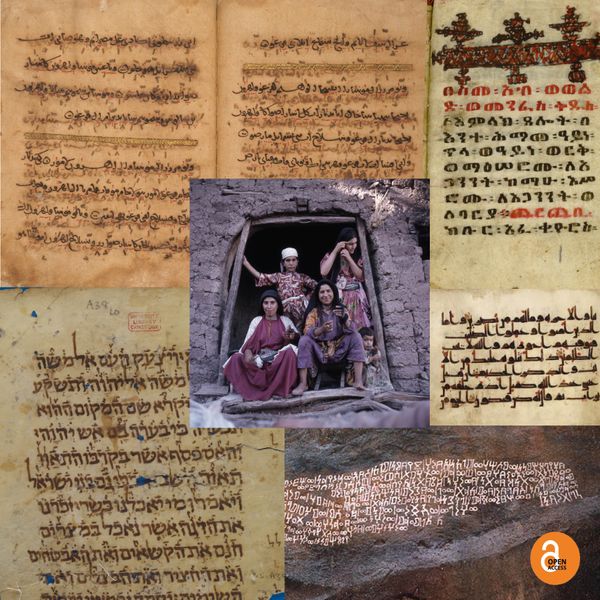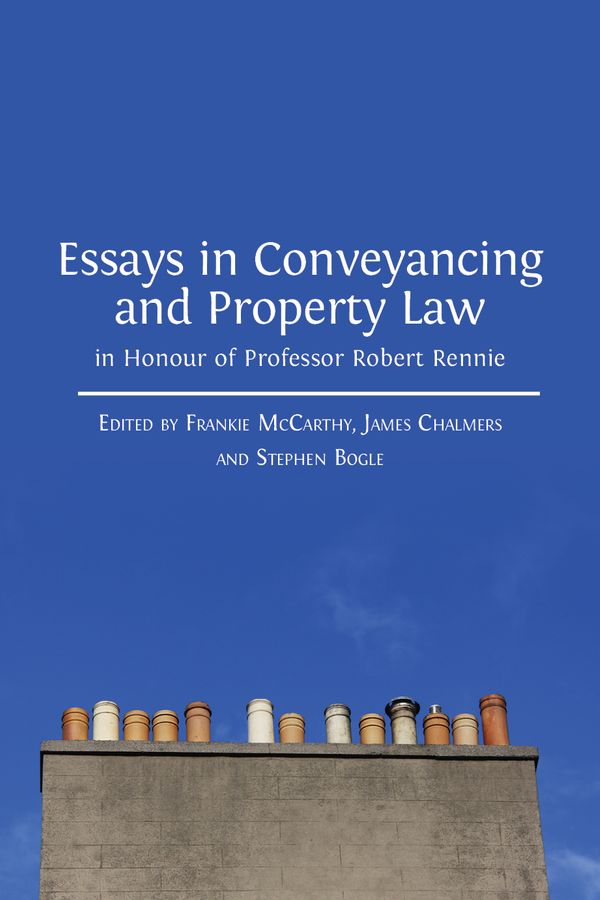Enabling lifelong learning through open education
Broadly speaking, open education (OE) is the widening of access to high quality educational resources in order to promote lifelong learning and greater participation in higher learning and training. One of the driving principles of OE is that lifelong learning is a human right.
Thus, at its heart, OE is an educational philosophy about how knowledge should be created, shared, and accessed, and it is this philosophy that drives OE principles, policies, processes, and practices. These ideas are further explained in the research-based book I published with OBP, Open Education: International Perspectives in Higher Education.
UNESCO supports OER as a means for “…building of peace, sustainable social and economic development, and intercultural dialogue.” In addition to UNESCO, organizations such as the Hewlett Foundation, the International HETL Association, and Open Education Consortium, among others, have promoted the OE movement around the world.
Although there are many benefits associated with open education, such as creating a more inclusive global knowledge society, perhaps the ultimate benefit and goal is to strengthen democracy by making knowledge available through the provision of free and open access to higher learning and training throughout every stage of life.
In doing so, OE helps to equalize the playing field for all. OE also helps to directly promote the United Nation’s Sustainable Development Goal 4 (Ensure inclusive and equitable quality education and promote lifelong learning opportunities for all) as well as support indirectly the other sustainable development goals.
Today, the ubiquitous internet and other digital technologies have allowed anyone with a computer or smartphone to access OE resources (OER). About half of the world’s population currently uses the internet and about half of all web page views come from mobile devices. Major OE platforms include OpenCourseWare, Coursera, edX, Udacity, FutureLearn, and Smithsonian Learning Lab, among others.
Lifelong learning is important for the health of a democratic society because historical evidence demonstrates a positive correlation between the number of years of education that citizens possess, the degree of socio-economic development, and the degree of democratic development.
Therefore, not only is universal basic education and mass learning a necessity for the proper functioning of a democratic society but continual learning throughout every stage of life is also a necessity for people to function in the hyperconnected global economy.
So, developing more inclusive and equitable access to all forms of education (formal, non-formal, and informal) at every level of education (primary, secondary, and tertiary) has become a necessary part of life in the modern era.
Of course, OE is not a panacea for the world’s problems but it does provide a key element to help facilitate knowledge development and dissemination. What is also required is an ethical value system based on humanistic and democratic principles of justice, freedom, self-determination, equity, and inclusion. These values help to inform individuals and society about how to effectively evaluate and use knowledge ethically and with a respect for others, for society, and for the planet we all inhabit. To this end, OE helps provide a meaningful catalyst for positive change.
—
Patrick Blessinger is an adjunct professor of education at St John’s University in New York City, chief research scientist for the International Higher Education Teaching and Learning Association, educational policy expert with UNESCO’s Inclusive Policy Lab, and editor-in-chief of the Journal of Applied Research in Higher Education. He is the co-editor of Open Education: International Perspectives in Higher Education (Open Book Publishers, 2016).



